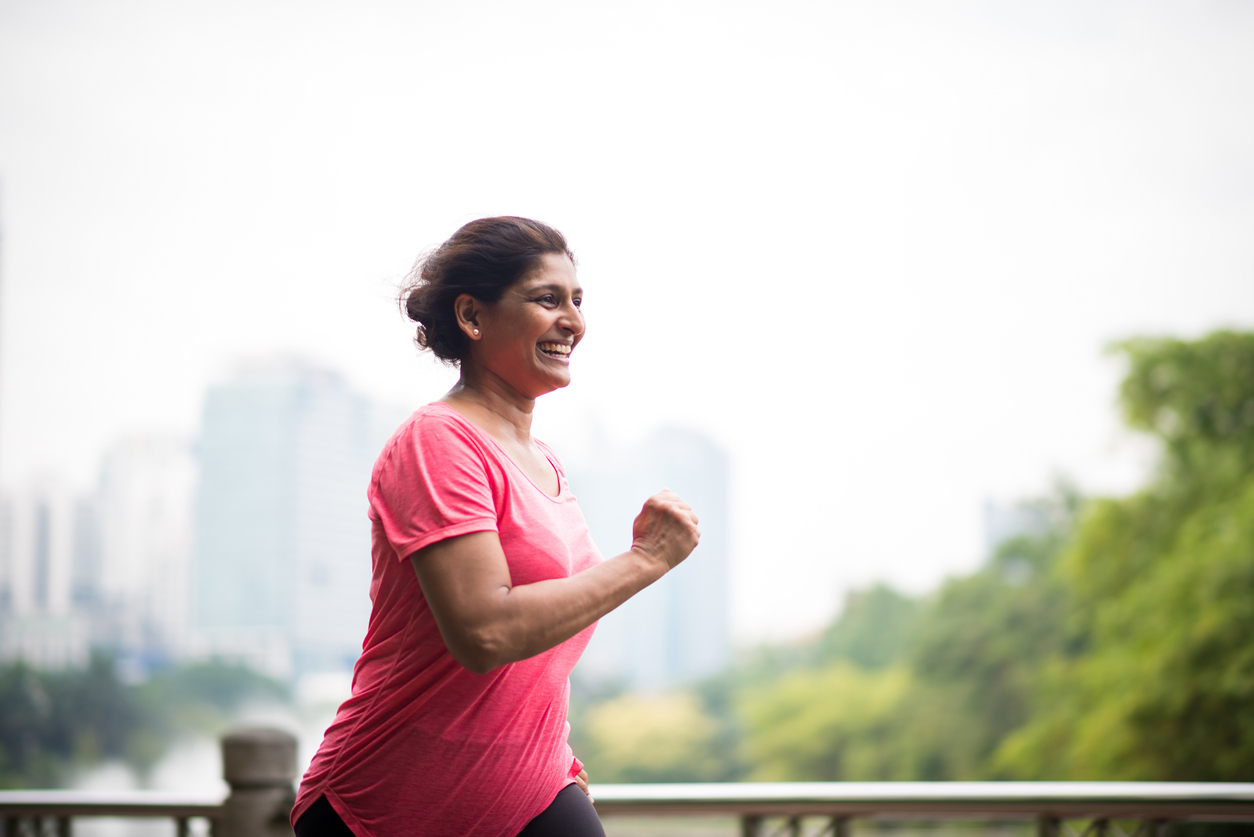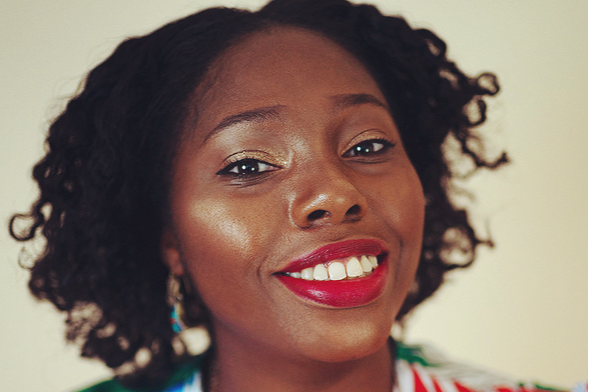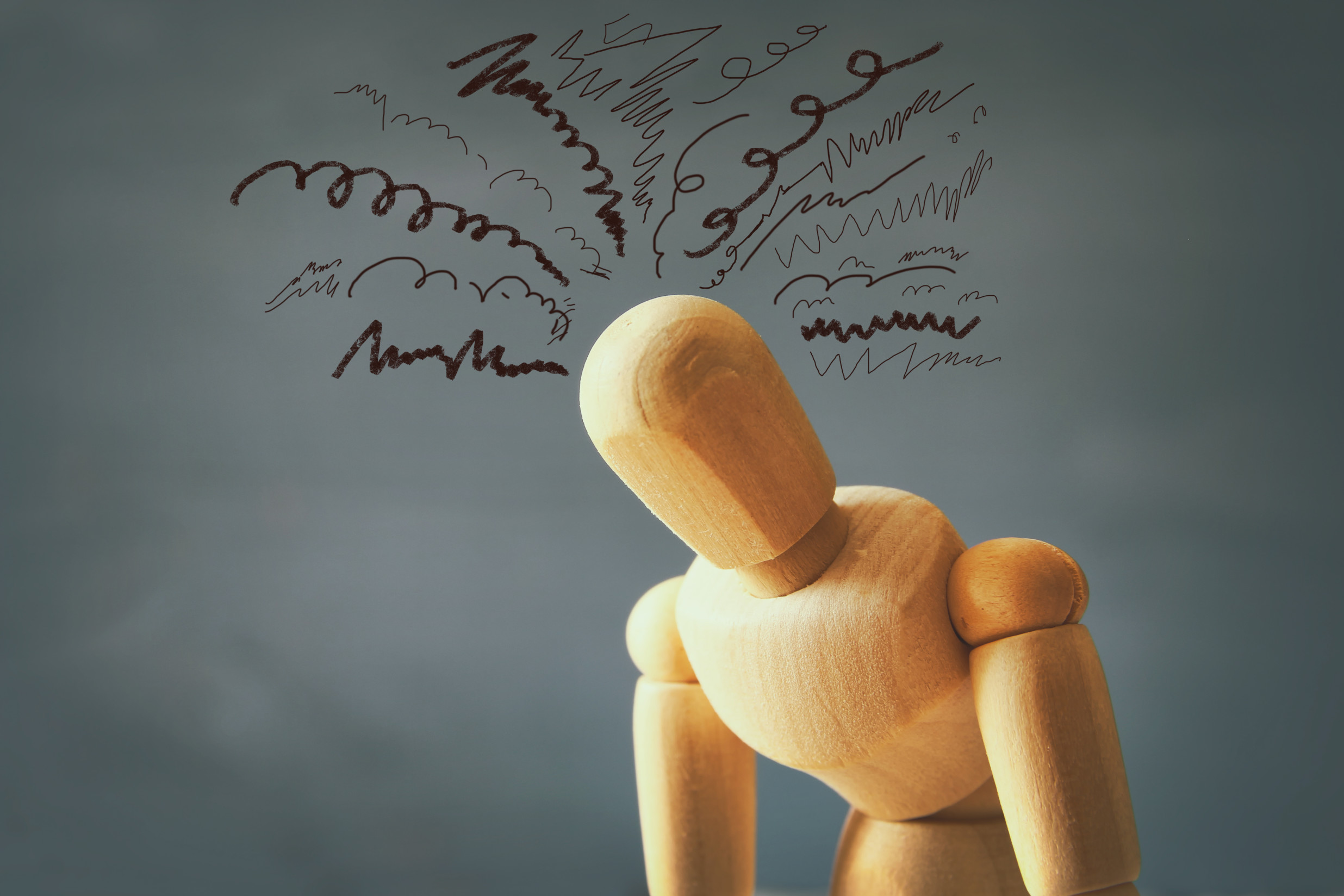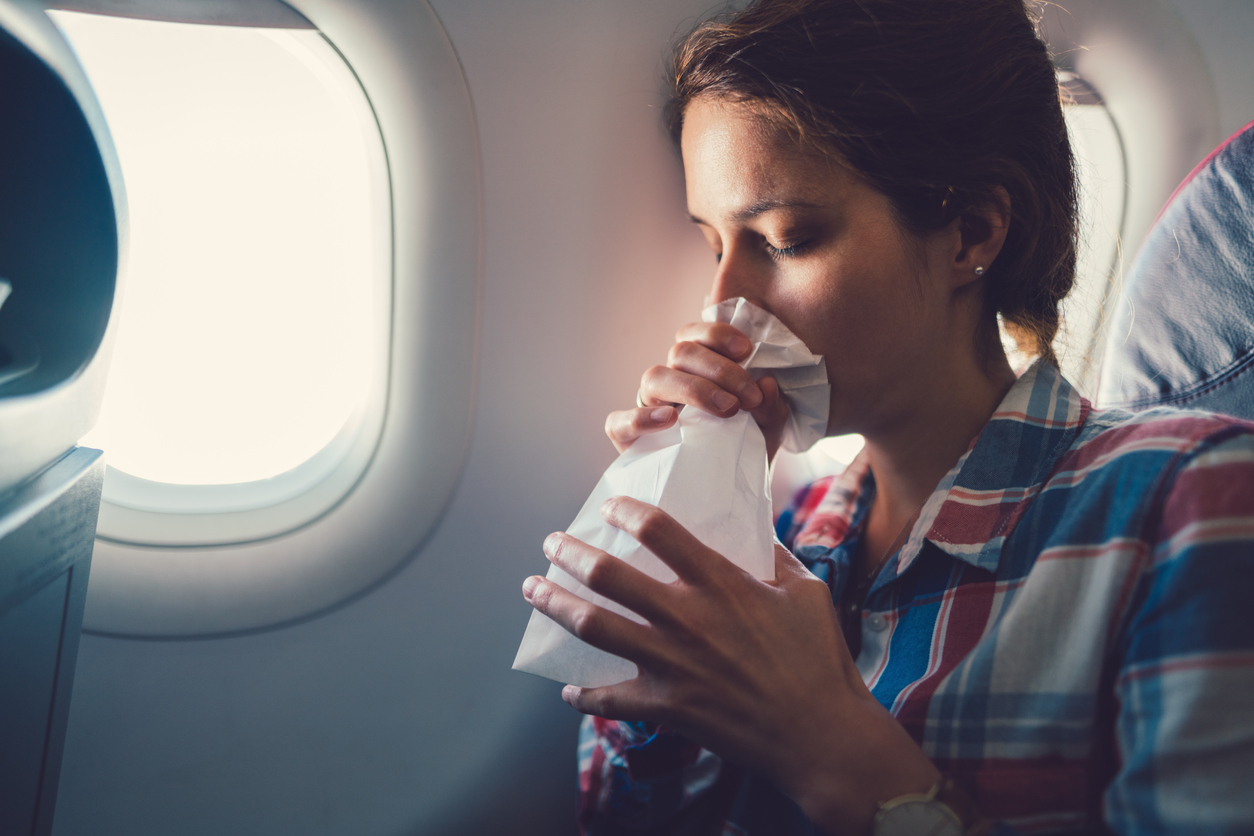You can’t always prevent panic attacks, but the good news is that they usually pass on their own after 5 to 30 minutes.
When a panic attack strikes, it’s generally best to ‘ride the wave’ rather than try to resist it. But this doesn’t mean there’s nothing you can do to make the experience less intense - there is.
If you ever find yourself in the grips of a panic attack again, try the following tips.
Top tips for dealing with a panic attack
Tip 1: Breathe slowly and deeply
Your first impulse may be to over-breathe (hyperventilate) and panic even more, but remain where you are (if you’re in a safe place and the attack has come on unexpectedly), sit down if possible and take long, slow, deep breaths.
If you over-breathe during a panic attack you’ll blow out too much carbon dioxide, which can make symptoms, like dizziness or tingling in the hands and fingers, worse.
Tip 2: Tell yourself it will pass
While a panic attack can feel like it will last forever, it won’t. Reminding yourself of this during an attack may help you feel calmer and, in turn, ease your symptoms.
It’s also worth remembering that while the symptoms of a panic attack are often frightening, they're caused by anxiety and don’t mean that anything harmful is happening to you. Tell yourself this during an attack, as doing so may help you calm down.

Tip 3: Don’t distract your thoughts…at first
When a panic attack starts, it may be tempting to try and distract yourself, but it’s actually better to do the opposite. Confront the event, stay aware of what’s happening and don’t fight your symptoms. Taking this approach can help you prove to yourself that a panic attack will pass and nothing bad will happen to you.
Once you’ve got your breathing under control and the anxiety starts to pass, you can then begin to focus your attention on your surroundings and continue what you were doing before the attack.
Dealing with panic attacks in the future
If you understand how panic attacks work and what the symptoms mean, you may find it easier to deal with any panic attack you have in the future.
For more information on what to do during a panic attack to help bring your symptoms under control, read these self-help techniques.
How can I help myself after a panic attack?

You may feel tired or even exhausted after a panic attack. As you recover, it’s important to continue as you did before - try not to restrict your movements out of fear that being in or going to a particular place may bring on another panic attack.
Instead, try the following actions to help prevent further panic attacks:
- Set aside a little time each day to practise breathing exercises. Doing so can help to prevent future panic attacks or make them easier to deal with.
- Exercise regularly. Aerobic activity is known to improve mood, relieve tension, and reduce stress and anxiety.
- Try to avoid stimulants like caffeine, alcohol and tobacco as these can make panic attacks worse and interfere with your sleep.
- Follow a balanced diet and eat your meals regularly to maintain healthy blood sugar levels.
- Make a note of the situations and emotions that may bring on an attack so you can identify the risks.
There are also things you can do to help manage your anxiety, which should lower your risk of having another panic attack.
Are you worried about your anxiety? If you are, download our app to learn more about what anxiety is and what you can do to help yourself.






